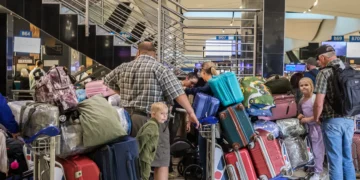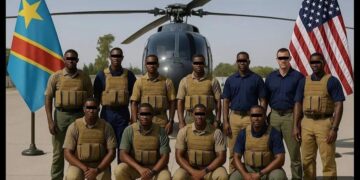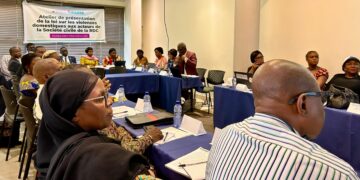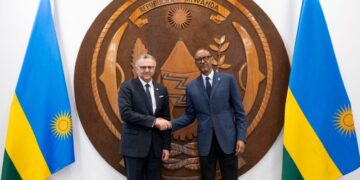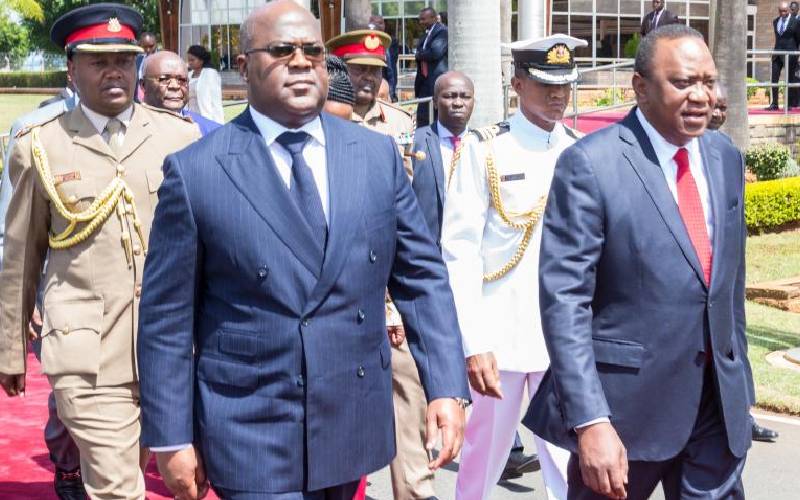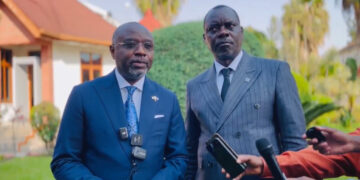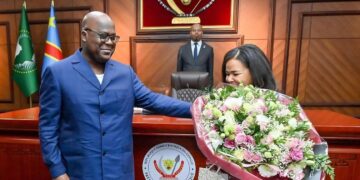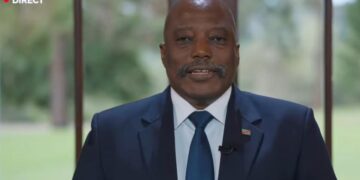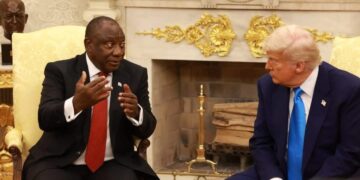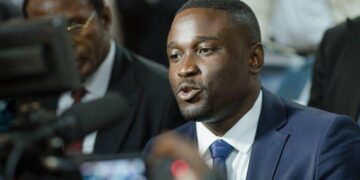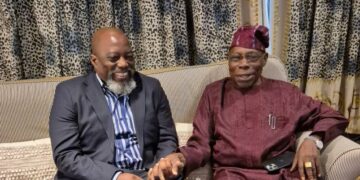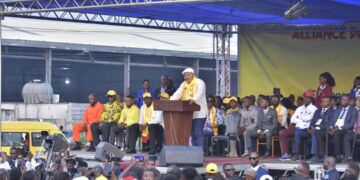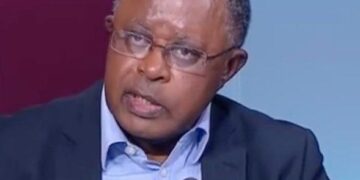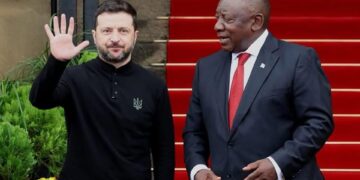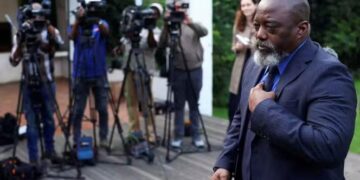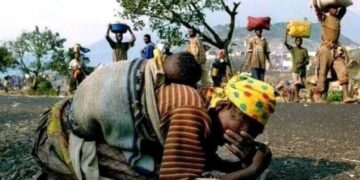Mandated by the African Union and reportedly supported by the U.S. administration, Obasanjo began his mission at the Intercontinental Hotel in Johannesburg, South Africa. There, his first meeting was with Antipas Mbusa Nyamwisi, a seasoned Congolese political figure. A former minister and ex-leader of the RCD-KML rebel movement, Mbusa is known for his deep knowledge of the eastern DRC, his home region. According to reliable sources, their over-an-hour-long conversation focused on potential leadership scenarios including probing Joseph Kabila’s possible role in resolving the crisis.
However, Mbusa reportedly distanced himself from the idea of a “savior” figure, instead advocating for a collective governance approach—a political transition shaped by shared leadership.
Following this discreet but strategic encounter, Obasanjo flew to Harare, Zimbabwe. After paying a courtesy visit to President Emmerson Mnangagwa, he held a closed-door meeting at Harare Airport’s presidential lounge with former DRC president Joseph Kabila. According to insider sources, Kabila was blunt: the core issue, he said, is President Félix Tshisekedi. Kabila emphasized Tshisekedi’s repeated failures to honor agreements, his poor governance, and frequent human rights violations particularly his alleged attempts to alter the Congolese constitution. For Kabila, the path to resolving the crisis begins with Tshisekedi stepping down.
Still brimming with energy, Obasanjo then flew to Kinshasa, where he was received by President Félix Tshisekedi. During their face-to-face meeting, Obasanjo reportedly addressed the Congolese leader with the honesty and authority of a statesman.
“Sir, I have no reason to lie to you or flatter you. I speak to you as a former political prisoner, former president, and a successful businessman,” Obasanjo said, adding: “The situation is out of control, and you need a peaceful solution and quickly.”
According to sources within the presidency, Obasanjo proposed a national dialogue that could lead to the establishment of a transitional government. South African President Cyril Ramaphosa has reportedly expressed his country’s willingness to host such talks similar to the historic Sun City negotiations. Ethiopia and Ghana have also been mentioned as possible hosts.
Initial signs suggest that Tshisekedi responded favorably to the proposal.
Obasanjo’s marathon continued as he departed Kinshasa late at night, landing in Lagos at around 2:00 AM. His agenda includes further meetings with Congolese and international stakeholders as he works to draft concrete proposals for a peaceful resolution to what has become yet another chapter in the DRC’s long political crisis.


